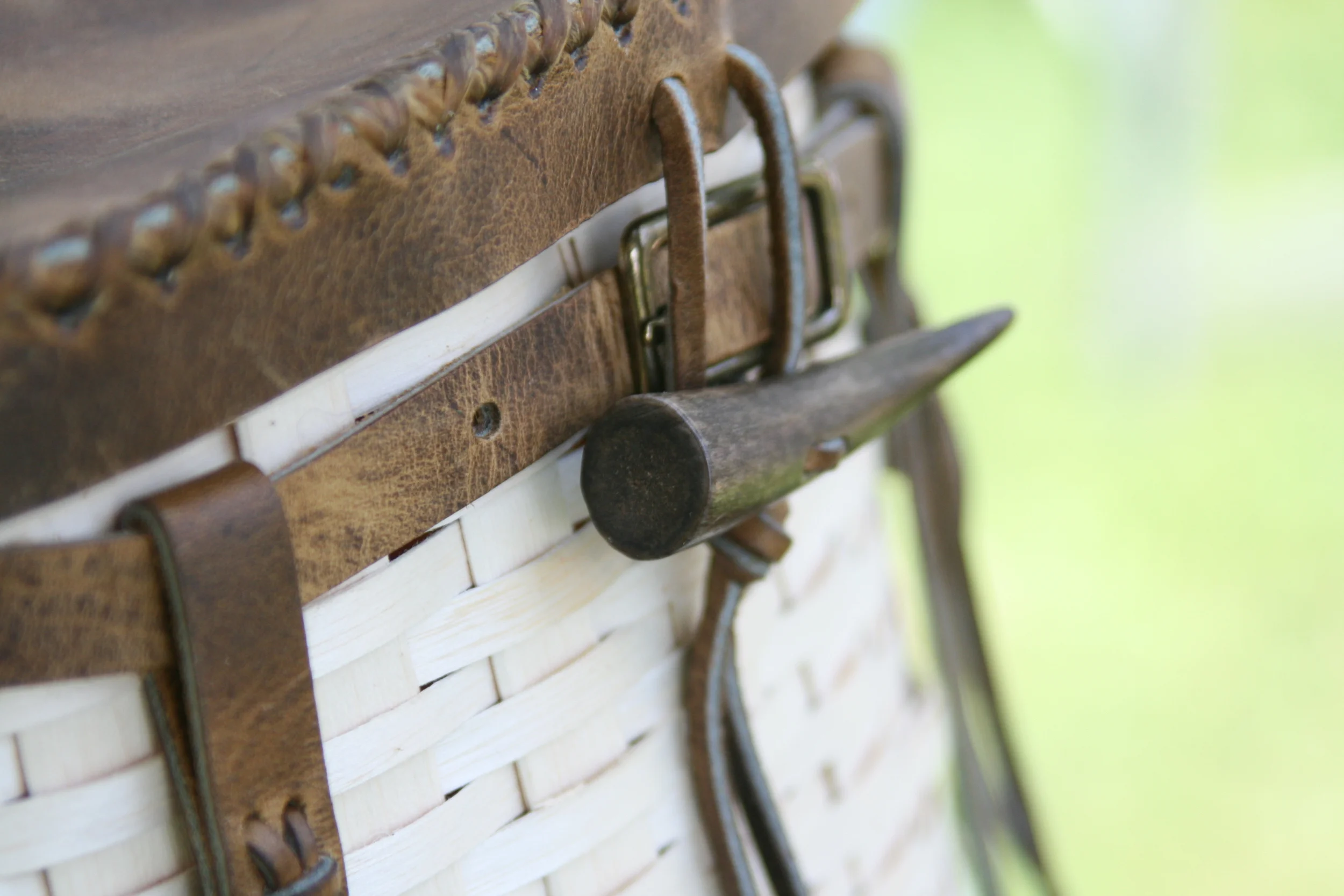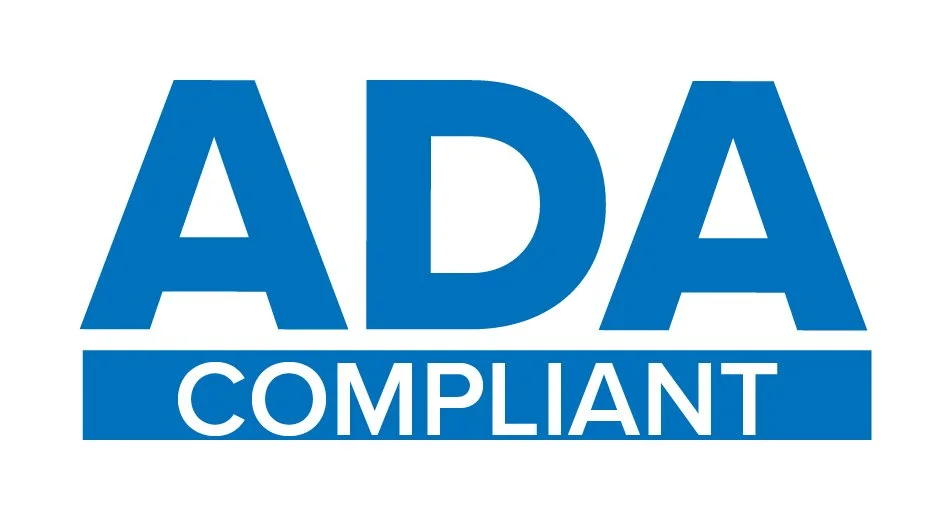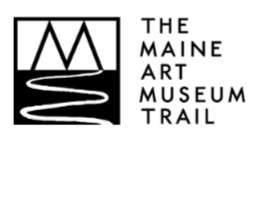Wabanaki Artists from Maine Take Top Spots at Heard Museum Guild Indian Fair & Market
/Sarah Sockbeson, Penobscot, won Best of Division in Traditional Baskets and Best of Class in Baskets at the 58th annual Heard Museum Guild Indian Fair & Market, which draws nearly 15,000 visitors and more than 600 of the nation’s most outstanding and successful American Indian artists. George Neptune, Passamaquoddy, won first place in Non-Traditional Basketry and Emma Soctomah, Passamaquoddy, won Best in Classification in Junior Division-Baskets.
“It’s an incredibly exciting time to be a Wabanaki artist,” said Neptune, an educator at the Abbe Museum. “For several years now, we've been traveling west to the biggest Indian art markets in the world and claiming top prizes in the basketry divisions at every market. This year, I won my first blue ribbon at the Heard Museum and I was beyond excited to have won with a piece that is so representative of my style as an artist. I hope it will inspire other Wabanaki people, especially youth, to take pride in our culture and practice our traditions—because when you do, beautiful things happen.”
Sockbeson apprenticed with Jennifer Neptune, Penobscot, in 2004 and learned the history, techniques, and art that has become modern Native basketry. Soon thereafter, museums and collectors across the country began to recognize her incredible talent. Her unique style incorporates many different elements of traditional Wabanaki technique and she combines that with innovative colors to create a fresh, new approach to a timeless and beautiful art form.
Neptune has been making baskets since he was four years old. At the age of seven, he wove his first basket by himself and has continued weaving through the years, fine-tuning his skills and attention to detail. His baskets now take on a sculptural element that is unique to his style, often featuring woven flowers, the signature of his family’s work. Twigs, woven birds, and other creatures are also used to create baskets that are truly one of a kind. At twenty years old, he was awarded the title of Master Basketmaker by the Maine Indian Basketmakers Alliance, making him the youngest person to ever receive the title.
“It made me feel really good to win Best of Classification, and it made me feel like I can do a lot better and go further with my basket career,” said 12-year-old Soctomah. “My friends were really surprised how far you can go with making baskets, and where you can go. They all congratulated me when I got home. I'm really excited to go to Santa Fe Indian Market this summer and hopefully back to the Heard next year.”
Soctomah is one of the youngest basketmakers in the Wabanaki tribes and began weaving with her brother, George Neptune, at five years old. Now her brother's formal apprentice, Soctomah has already received national recognition for her work. At nine years old, she was one of the 2013 recipients of the SWAIA Youth Fellowship and was featured in Native Peoples Magazine. In 2015, Soctomah was one of the first artists to receive an Abbe Museum Wabanaki Artist Fellowship.
Other Wabanaki artists invited to attend the fair were Abbe Museum Trustees Jennifer Neptune, Penobscot and David Moses Bridges, Passamaquoddy, Molly Neptune Parker, Passamaquoddy, Jeremy Frey, Passamaquoddy, Gal Tomah, Passamaquoddy, and Theresa Secord, Penobscot. A complete list of winners can be found at http://heard.org/event/fair-2016/.








